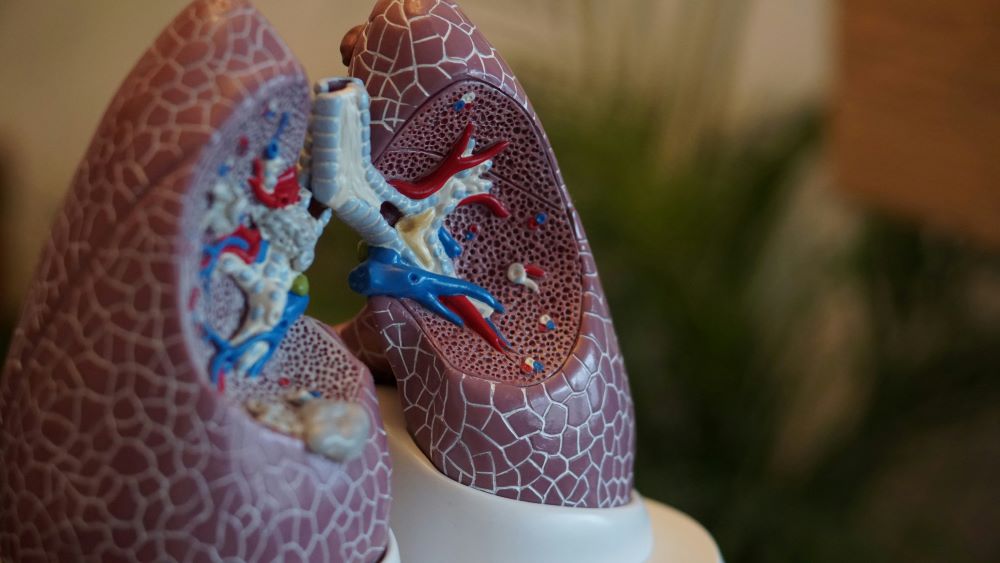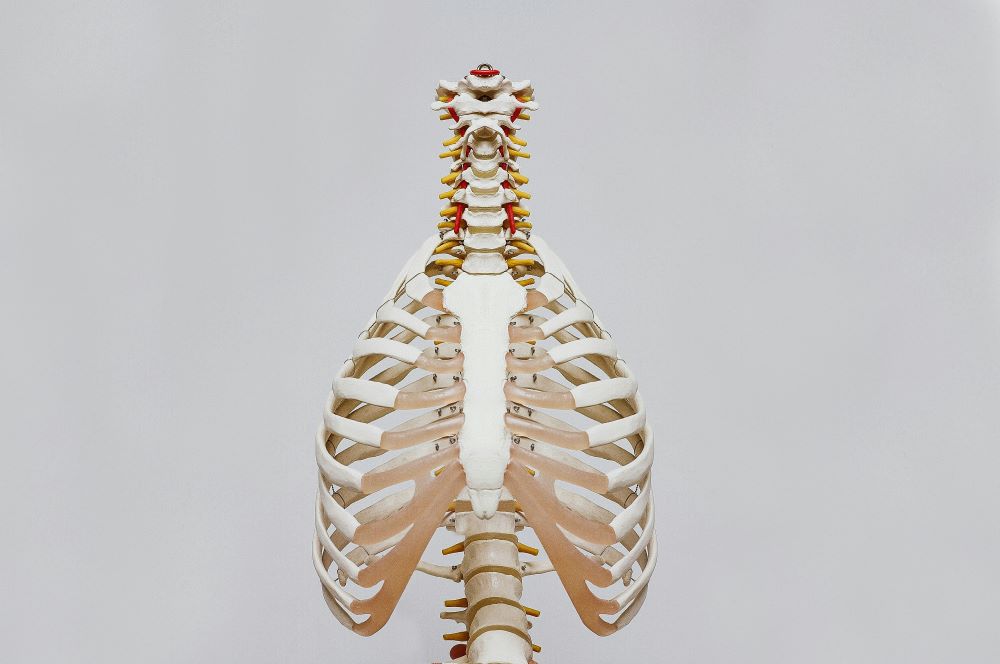Baricitinib and anakinra could stop the harmful immune response responsible for lasting lung damage.
Recent research from the University of Virginia School of Medicine and Cedars-Sinai revealed a promising approach to treating lung damage in patients with long-term COVID complications, known as ‘post-infection lung fibrosis.’ This condition, which causes chronic inflammation and scarring, is affecting an increasing number of individuals who have otherwise recovered from the virus. While no effective treatments currently exist, the research suggests that medications already approved for arthritis (baricitinib and anakinra) could stop the harmful immune response responsible for lasting lung damage.
COVID can lead to lung fibrosis by causing severe damage to lung tissue during the acute phase of infection. The immune response triggered by the virus can result in excessive scarring and fibrosis as the lungs attempt to repair the damage. Persistent inflammation and disruption of normal healing processes can lead to long-term fibrosis, which impairs lung function and contributes to ongoing respiratory issues.
The team, led by Drs. Jie Sun, Peter Chen, and Chongzhi Zang, sought to understand why some patients continue to experience lung problems long after the initial infection had cleared. Using spatial transcriptomics and microscopy, they examined lung tissues from severely affected transplant patients and developed a lab-based animal model to reproduce the damage. The study revealed that immune cells known as CD8+ T cells were interacting incorrectly with macrophages, another type of immune cell, causing excessive inflammation in the lungs even after the COVID-19 virus had been cleared.

The key discovery was that this malfunction in immune responses disrupted the proper healing process, leading to chronic inflammation and fibrosis. The researchers identified specific molecules involved in these issues, offering a potential treatment target. Drugs like baricitinib and anakinra, which are already FDA-approved for treating rheumatoid arthritis, were found to interrupt the harmful immune interaction, allowing the lungs to heal.
One of the most significant implications of this discovery is its potential to benefit not only COVID patients but also those suffering from lung fibrosis due to other causes, such as the flu or other respiratory infections. Tuberculosis, pneumonia, histoplasmosis, coccidioidomycosis, aspergillosis, sarcoidosis, and pneumoconiosis are all known causes of this complication.
Chen noted that treatments initially used for severe COVID might reduce the risk of long-term complications, including lung scarring. And the team hypothesized that remnants of the virus (or another unknown factor) may cause the immune system to stay in a heightened state of alert, even after the infection has passed. However, more studies are needed to confirm the effectiveness of these arthritis drugs in treating lung fibrosis.
Sun emphasized the growing need for more research into the long-term health effects of viral infections, particularly as the number of people affected by long COVID continues to rise. The team hopes their work will eventually lead to new treatment options for patients with persistent lung damage, offering them a chance at improved quality of life.
By repurposing arthritis medications, researchers may have found a way to reverse the fibrosis that has left many patients continuing to suffer breathing restrictions long after recovering from the virus. With further study, the team can solidify their findings and hopefully bring to market an option that not only works for COVID patients but individuals with lung fibrosis from other infections.
Sources:
Arthritis medications could reverse COVID lung damage
An aberrant immune–epithelial progenitor niche drives viral lung sequelae


Join the conversation!